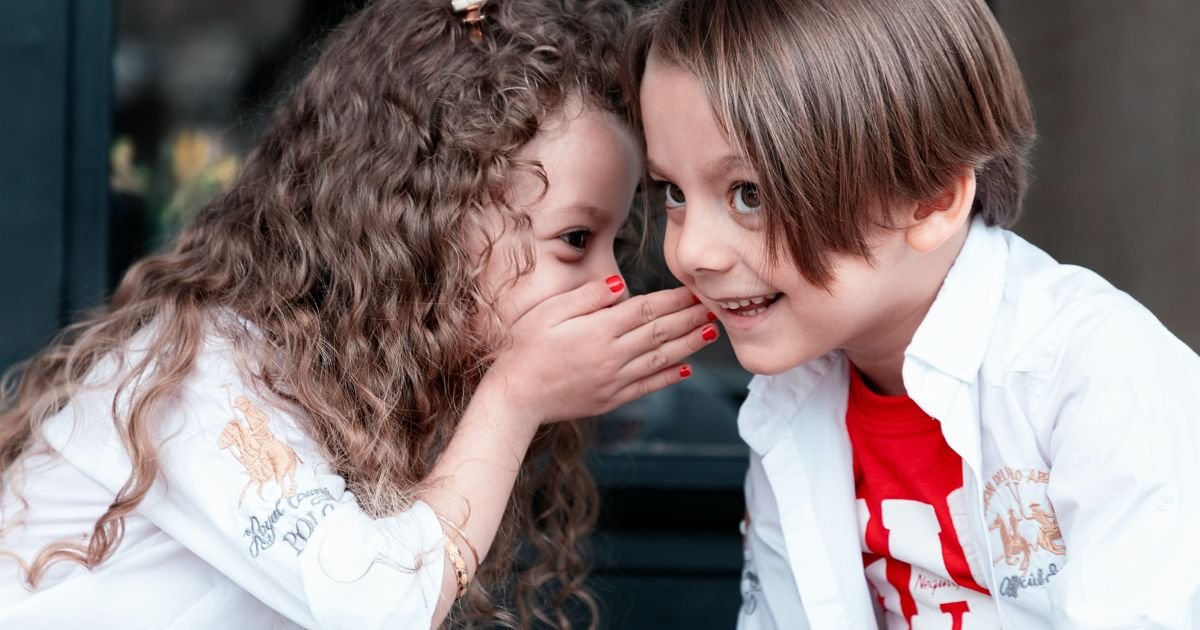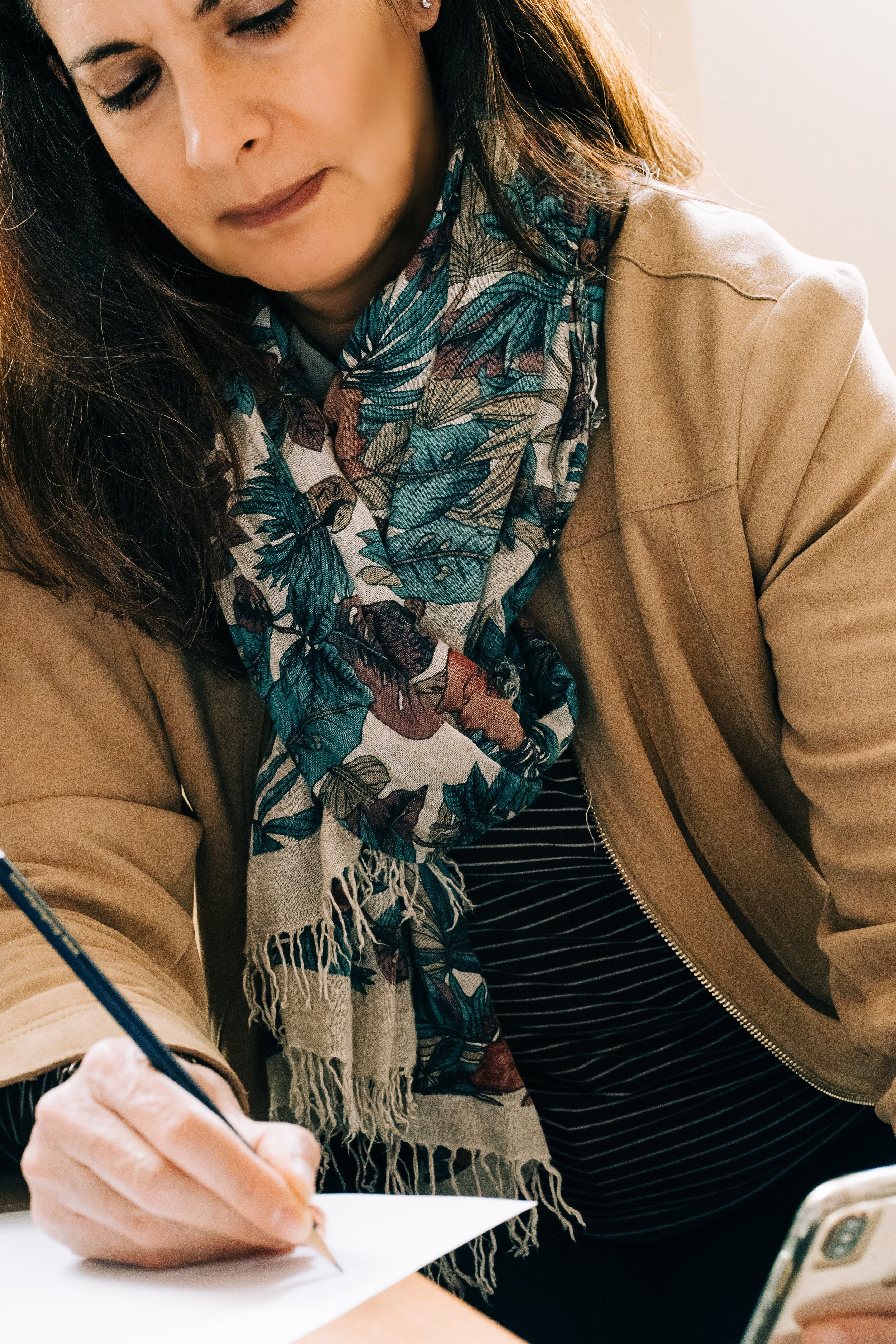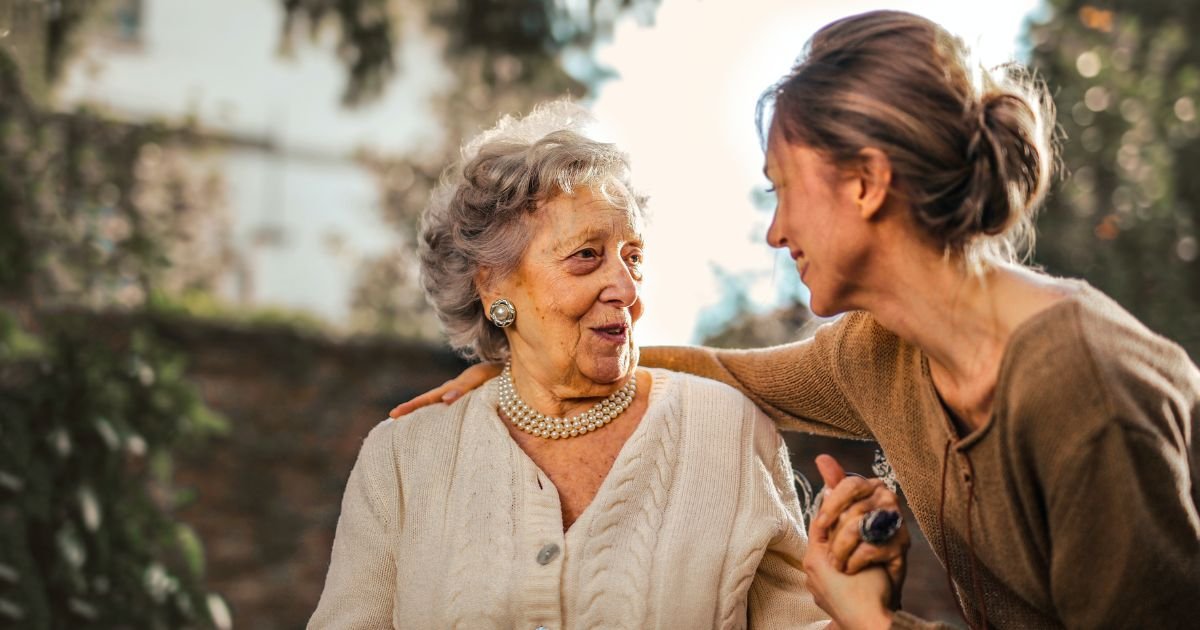Love to Talk, Love to Listen
When you stop and consider what your life is about, has been about and will always be about the word relationship for me sums it all up. One of my favorite movies, “Love Actually” begins with a voice over at Heathrow airport.
The narrator, Hugh Grant is saying, “It seems to me that love is everywhere. Often, it’s not particularly dignified or newsworthy, but it’s always there: fathers and sons, mothers and daughters, husbands and wives, boyfriends, girlfriends, old friends. When the planes hit the Twin Towers, as far as I know, none of the phone calls from the people on board were messages of hate or revenge – they were all messages of love. If you look for it, I’ve got a sneaky feeling you’ll find that love actually is all around.”
Love is all around, but there are times when we find it hard to find a way to talk about our thoughts, feelings, and actions even when the cost of not doing so may be to lose the love of someone you care deeply about. If we do not know ourselves, it is difficult to talk about our feelings with others.
Where it Started
In the early Eighties I had an interview with a well-known Lama, Chagdud Tulku Rinpoche. This came at a very critical time as I was very confused and frustrated about the direction my life was taking. I was unhappy in my work, my relationship and just about everything. I was considering training to become a Lama, to leave everything and devote myself completely to meditation practice. The interview was very short but I will never forget it. I put my question very simply, “Rinpoche, should I remain here and continue to live, work and practice or should I leave these circumstances and go study in a monastery?” Lama Chagdud looked at me very piercingly and said, “You can take the easy path and go to a monastery or take the hard path and remain here.”
At first I was disappointed with his answer, but after I thought about it I realized that the choice was mine and deep down I knew that if I was meant to be a monk or a lama, I would have been born a Tibetan or at least in a very different set of circumstances. So I made my decision to stay with my current circumstances and “make the most of it”. Not long after, my life began to change in very dramatic fashion; I went back to school, finished my bachelor’s degree and went on to graduate school to study psychology and organizational development at the Leadership Institute of Seattle (L.I.O.S.).
The Curriculum was My Self
It was at the Leadership Institute of Seattle (L.I.O.S.) that I began to learn about and practice inter-personal and communication skills and other techniques that enabled me to be true to myself and to gradually drop the behaviors that came from trying to conform and be a “good” Buddhist. I was 35 years old, and I had spent the better part of my adult life trying to get along with everyone. In the process I lost sight of who I was and what I wanted for myself. The first big revelation came when I was playing a game of beach volleyball with a group of fellow students the very first day of graduate school, I used to play a lot of beach volleyball in my late teens when I lived at Venice Beach in Southern California.
As this game progressed, I realized my team was terrible, they didn’t know how to set-up the ball, spike or serve. I was getting more and more furious as our side fell further and further behind. As these feeling arose, I was painfully conflicted. I hated their laughing at their own mistakes and total lack of skill. I hated my own attitude, “How can I be acting and feeling this way? After all of my years of Buddhist training, practice and meditation, how can I be so competitive, so angry?”
My first impulse was to leave the game, obviously it wasn’t good for me to be so angry. That’s not “me”! Suddenly I realized that the game was revealing parts of myself that I had suppressed for a long time, and it was probably the very reason I was in this school of experiential learning in the first place. From that point on, I made up my mind not to hide who I was and to remain open to this process of self-discovery wherever it led and whatever it uncovered.
The L.I.O.S. program introduced me to aspects of myself that I did not allow myself or others to see. Even though my Buddhist teacher more than once mentioned these “blind spots”, I did not at the time know what she was referring to. So I started to learn yet another lesson, trusting that the soul can lead one to grow spiritually by balancing both the head and the heart. Even though my Buddhist studies and practice emphasized compassion, I had yet to understand how to have compassion for myself. This period of discovery led to revealing the power of emotional honesty and being more congruent.
Walking the Talk
Being congruent is simply the harmonious expression of your thoughts, feelings and behavior. Have you ever noticed that people will often say they are fine when they are not? Smile when they are angry? Laugh when they are scared? Or go silent even when they have lots on their mind? It is often true that we hide our real feelings when we are unsure about the intentions of others, and there are times when this may be wise or at least prudent, but the downside is that for many of us, misrepresenting our thoughts and feelings and covering them up becomes an ingrained habit. Eventually we lose touch with ourselves, and we lose the ability to know how to express our thoughts and feelings.
So how do we “unlearn” these dysfunctional defense mechanisms and reclaim the courage to be who we are, especially with the people in our lives who are important to us and that we care about? Above all, people want to be seen, heard and understood. It is also a rare gift of love to see, hear and acknowledge someone else.
There is so much learning to be had in this area of inter and intra personal awareness and many tools that can help one through the process. However, many of the tools can only provide you with insight and still leave you lacking the communication skills needed to make real and lasting change. For example, many people have taken the Myers Briggs Type Indicator and have benefitted from doing it, but without putting into practice a change in your communication style and behaviors the insight you have gained will remain largely invisible to others.
Love to Talk, Love to Listen
Honest communication, sharing who you truly are mostly happens when we care about another enough to allow ourselves to feel, to be open even vulnerable. We can make the best use of communication skills when we are prepared to both talk and to listen. Talking and listening are both an act of love.
There is a simple method for coming to congruence in a situation and making yourself understood in a way that can call forth an honest response from another. Of course, the response may not be what you are looking for, but at least you will know “where you stand” in relation to that person or persons. You start by taking some time to pause and identify what you think, feel, and want in relation to a person, situation or circumstance. It helps if you write down your responses. It does not take long and with a bit of courage it can open the door to healing in relationships you feared were beyond hope. A long term benefit from this process is that you can become appropriately assertive in situations where previously you had been afraid to speak up.
Having a Courageous Conversation
A great place to begin is by bringing to mind a situation in which you are in conflict with another person. It helps to understand that most conflicts arise when your expectations or the other person’s expectations were unmet, so examining what you were expecting is a good place to start. Then write down your thoughts, feelings and intentions:
What were (are) my expectations in regards to this? What were the other person’s?
What do I think regarding this? What am I thinking?
What am I feeling?
What do I want now and/or in the future?
For myself?
For the other person?
Once you have done this process of writing down your thoughts, feelings and intentions, you can then have a conversation with the other person or people involved. Tell the other person what you think. For example,
“We have been friends for such a long time and I think it is time we talk about what happened. Don’t you?”
“I feel sad about what happened and I don’t know how to make it right.”
“What I want is for us to be able to talk this through and hopefully be friends again.”
It is best to keep these kind of statements concise as too much information of any kind can cause the dialogue to become tangled, complicated and people can become defensive.
Putting this technique into practice when there is a real need for clarity is part of what Loving Kindness in Action is all about. It is relatively easy to be pleasant and polite to others when there is nothing at stake, but what happens when we are truly angry with someone? Do we still see their essential Nature? When we are in conflict, we tend not to, but once we have engaged the other person with honesty we can often see their love, compassion and wisdom unfold right before our eyes. It is often through conflict that we learn to love and appreciate another more deeply.
In Closing
We express our feelings through our conversations and behaviors. Most of our interactions are inconsequential bits of news and so forth. But, when a relationship hits a major challenge, having a method for being genuine, and clear about your thoughts, feelings and intentions can make all the difference in preserving it or losing someone we care about.







The words we speak have power. They change the brain, the body and our relationships. Words have an energy, and the power to help, to hinder, to inspire, to hurt, to create a bond, to alienate, to enlighten, or humiliate.